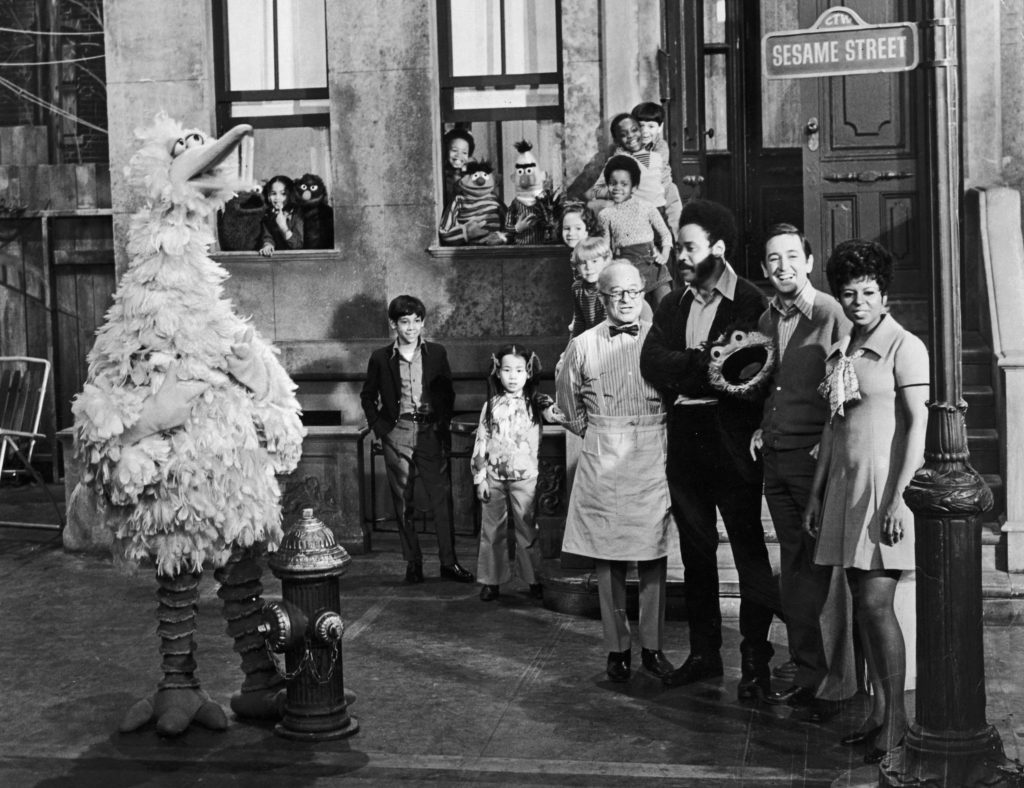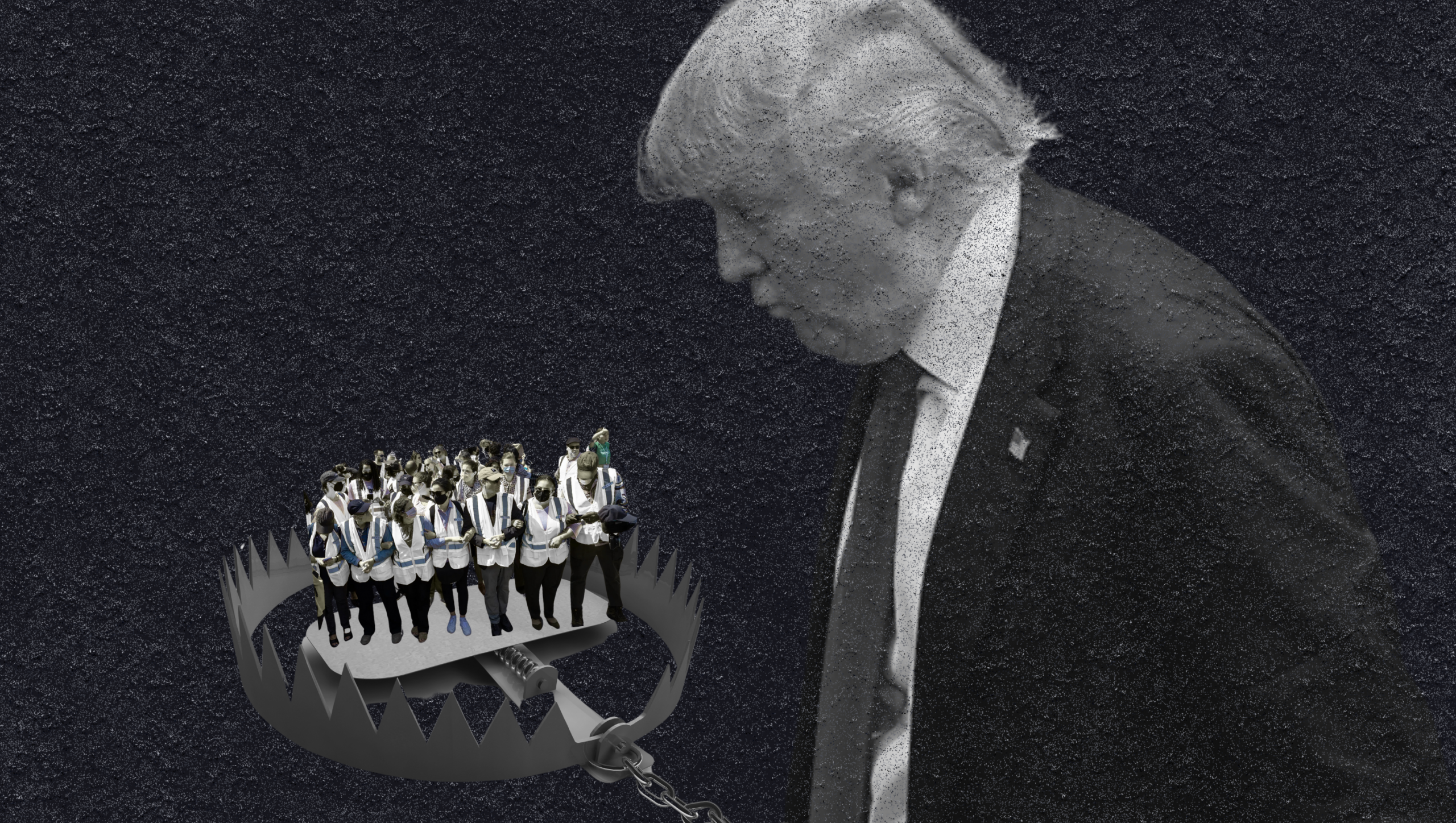The dissolution of the Department of Education under Trump could leave communities across the country misinformed while neutralizing political opposition.
Trump’s attacks on education, whether more narrowly-targeted or wide-reaching in nature, will likely precede greater dips in math and reading scores both locally and in the United States at large. And by extension, critical thought among constituencies might see a decline as well.
And these attacks aren’t limited to public schooling. On April 23, the White House posted seven executive orders, all of which relate to education. Of these, one was particularly notable. Titled, “Reforming Accreditation to Strengthen Higher Education,” the order argues that the existing accreditation system allows students to obtain degrees that can worsen their financial state and that result in low graduation rates, basing these numbers off of the 2020 graduation rate. To rectify this issue, the administration argues, institutions should implement a higher threshold for accreditation, effectively cutting off full access to financial resources.
Linda McMahon, a WWE executive that is now secretary of education, boasts no significant background in the field. McMahon has a teaching certification, though has never actually taught. And even worse, she was forced to resign from her previous role on the Connecticut Board of Education when it was revealed she had lied on her resume regarding her education background.
Here in Texas, skills in mathematics and literacy are statistically among the lowest in the nation. Data compiled from final results of the National Assessment of Educational Progress (NAEP) in 2024 placed Texan scores as the among the worst in the country. Likewise, math scores continued downward trends established during the pandemic. While the state ranks 31st in math recovery, the state is 46th in the country for its literacy marks.
The outlook for the country overall is similarly bleak. According to the National Literacy Institute, 21% of American adults are illiterate. 54% of adults read below a 6th grade level and 44% of adults have not read a book in a year. America is currently facing a concerning time for literacy. In an article by Vox in an article titled, “Are Kids Really Going Through A Literacy Crisis,” writer Anna North states that while literacy itself is not in a crisis, reading for both the sake of learning and critical thinking is suffering.
“They’re not reading in the ways that they need to read in order to be prepared for the tasks of learning and critical thinking,” Professor of Cognition and Education at Harvard Graduate School of Education Catherine Snow says.
A hit to critical thinking in literature doesn’t just impact how well someone interprets The Outsiders. It can be an overarching issue that leads to adults who can’t vote with discernment. As misinformation ran rampant during the 2024 election – with what a tariff is, along with if they can change their vote. According to a study published by the National Library of Medicine, increased education can result in increased voter turnout.
“While both absolute and relative education help increase voter turnout, education’s enlightening (absolute) effects play an important role in fostering individuals’ political engagements even if their relative rankings in society are lower than others’ due to education inflation since 2000,“ the study stated.
This is why the crackdown on the Department of Education and the simultaneous decline of publicly funded channels like PBS, which offer an accessible education and news outlet for kids and adults alike, is so significant.

Take the recent cancellation of Sesame Street, a program created to help disadvantaged children of color who help children develop social skills and critical thought. Teaching children from an early age to utilize critical thought, to carefully and independently consider decisions creates an environment where once kids become adults they can make sound political decisions. And if those political options are not sound, they have the ability to intelligently protest what’s put in front of them.
Similarly, the Trump administration has emboldened the expansion of conservative policies in state government, especially in Texas. As the private school voucher debate comes to a close, public schools are poised to be stripped of crucial funding as money will be used to incentivize private schooling. In a similar vein of regressive policy, the Texas Education Board approved a Bible-infused curriculum for elementary schools late last year.
In a 2021 article for Dissent Magazine titled “The Rise of the Elite Anti-Intellectual,” by Simon Brown describes the guise of common sense that conservative ideology is often put under. Think about a conversation with a more conservative family member about immigration, and when you ask why they (the family member) have such little concern for immigrants lives they use the guise of self-preservation. That, it is only common sense to prioritize yourself. As Brown writes, the common sense label frames ideas such as the one described above as straightforward and simple. There’s no web of intersectionality, no new words and no new knowledge.
By limiting the scope of knowledge for a new generation and dismissing nuanced thought will decrease the chances that kids will want to protest or understand their rights. Students will not know enough to push back in the first place. Homogenous learning, the New Republic states, doesn’t offer space for crucial development that can offer real autonomy.
“That’s why it’s so important for schools to recruit students from every part of the country (and, if possible, from around the world). It’s also why the Supreme Court decision ending race-based affirmative action was so pernicious: It privileges (questionable) notions of individual fairness over community diversity, causing the community as a whole to learn less. Lateral learning really only works when students, both inside and outside the classroom, have to navigate difference—it’s a critical element to practicing freedom,” Michael S. Roth wrote .
As we brace ourselves for a potential shut down of the Department of Education and restrictions on federal funding, remember that an institution or PBS kids are not our only options. This is where the significance of physical media and home schooling step in. Explain nuance, explain the necessity of critical thought. Teach your children that an attempt to persuade requires evidence and reasoning. Given them books that challenge their brain and question their perspective. Help them understand what rights they have and when those rights are being infringed upon. Intellectualism is power, and if it weren’t there wouldn’t be such hefty attempts to take it away.





